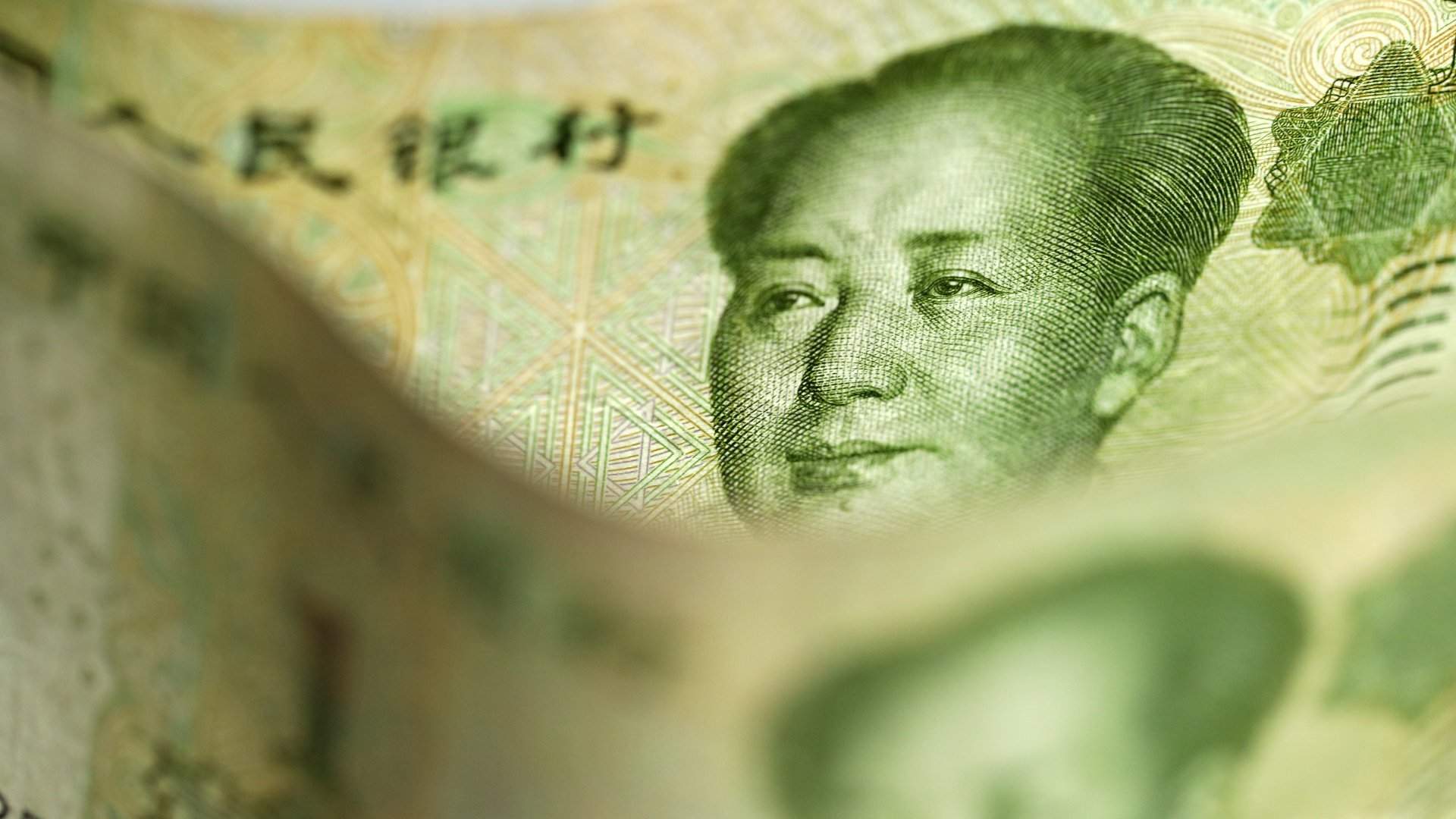
Chinese economic figures for September are positive
By Rhod Mackenzie
The level of business activity in China picked up in September. The PMI business activity index rose from 49.7 in August to 50.2, surpassing the forecast of 50.0, this was reported by the National Bureau of Statistics of China. This rise suggests some economic growth. In addition, the agency stated that the growth in manufacturing activity marks the continued stabilization of the world's second largest economy. It does appear that the economy has the hit bottom and is now rebounding.
In August, the Chinese economy saw some initial signs of improvement as production and retail sales experienced accelerated growth, and the decline in exports and imports decreased, along with weakened deflationary pressure. To the surprise of many, enterprise profits also increased significantly by 17.2%. Conversely, this figure had witnessed a notable decline in July at -6.7%.
"According to Zhou Hao, the chief economist at Guotai Junan International, the improving Manufacturing PMIs and good industrial earnings indicate the economy's positive progress.
The PMI business activity index also saw an increase within the services and construction sectors, from 51 in August to 51.7 in September. Similarly, the composite business activity index also rose from 51.3 to 52.0 in the sectors of manufacturing and non-manufacturing." The data features estimations for the Golden Week, the most extensive celebration in China, which commenced last Friday with a ceremony and will last until the 6th of October.
On September 29th, train journeys hit 20 million, breaking the record for the highest number of journeys in a single day. As expected, the authorities anticipate that the Golden Week in 2023 will become the most prevalent to date.
Improvement is noticeable across most sectors and industries, except for one - construction. Economists predict that it will take years, if not a decade, to stabilise the situation. The fact that many other countries' construction industries are also facing issues, although not to the same level or scale, provides little comfort. There have been no notable advancements in the sector as of yet, even though authorities have executed several measures intended to enhance the housing market.
In the meantime, prices for new houses and apartments have decreased by the highest amount in August compared to the previous 10 months, and investment in to the real estate market has been dropping for 18 consecutive months.
The Chinese government is not being idle. The founder of China Evergrande Group, whose debt is around a third of a trillion dollars, is presently under virtual arrest for his crimes."
The Chinese government is not being idle. The founder of China Evergrande Group, whose debt is around a third of a trillion dollars, is presently under virtual arrest for his ."crimes."
Last week, the Asian Development Bank (ADB) revised down its prediction for China's economic growth from 5.0% (in July) to 4.9%.
Economists observe that to attain the targets established in early 2023 within a year, which is roughly a 5% growth rate, the Chinese economy would still require assistance from the authorities.
"The relaxation of stringent regulations in the real estate market has played a role in stabilising the Chinese economy," remarks Zhang Zhiwei, the Chief Economist at Pinpoint Asset Management. "
The key question now is whether fiscal policy will concentrate more on backing the economy." "I believe it is possible, however, it is probable that alterations in fiscal policy will take effect next year rather than this year."
